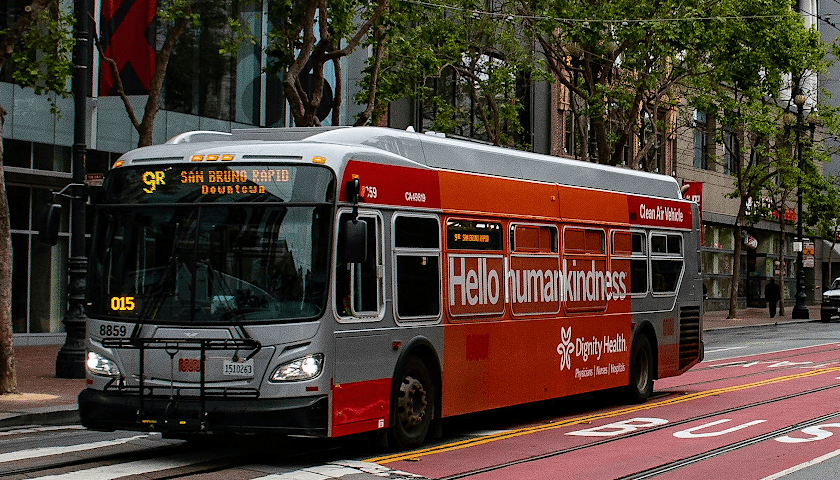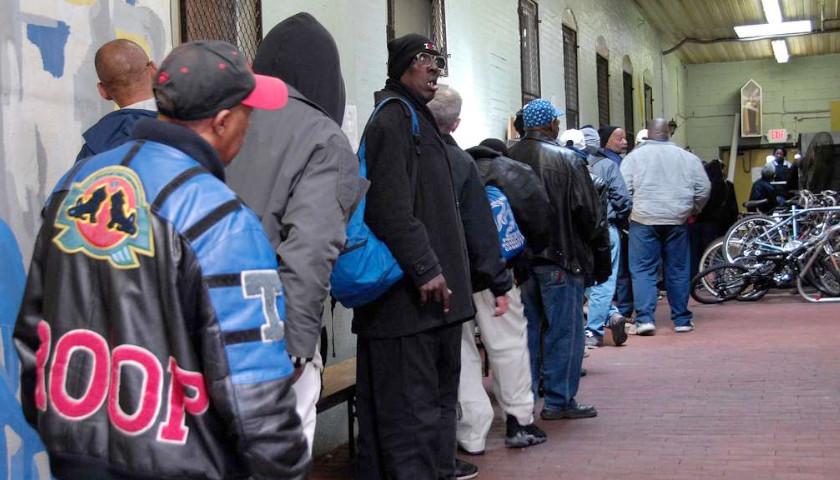by Scott McClallen
A new report found the funding disparity between traditional public schools and their public charter school counterparts in Detroit is $6,202 per pupil or 35.3%.
Meanwhile, the average disparity in per-pupil funding between traditional public schools and their public charter school counterparts across 18 cities is $7,147 per pupil.
The study examines revenue sources including federal, state, local and nonpublic dollars during the 2019-20 school year in 18 cities with a high concentration of charter enrollment or potential for charter school growth.
Charter schools in the 18 cities received on average 29.5% less in total annual per-pupil funding than TPS, and little local and state funding mainly caused the education funding disparity, according to the report.
This is down from the previous record high of 33% in the 2017-18 school year.
“While certain cities saw their funding gaps decrease, the fact remains that the vast majority of students face a financial penalty for choosing a charter school,” Associate Director of the University of Arkansas’s Office for Education Policy Josh McGee said in a statement. “Policymakers at the local and state levels can remedy these inequities by enacting student-centered funding, meaning students will not be valued less when attending a charter school.”
After the research team controlled for student needs, a sizable gap remained. In fact, in several cities, charter schools serve higher concentrations of high-need students yet still have funding gaps.
On average, charter school students received $8,094 less in local funding than their traditional counterparts, a discrepancy of 66.5%. This gap has grown since 2017-18 when it was $7,491.
In 11 cities examined – Atlanta, Boston, Chicago, Houston, Indianapolis, Little Rock, Arkansas, Phoenix, San Antonio, Memphis, Tenn., Tulsa, Oklahoma and Washington, D.C. – charters received zero local dollars.
“Students are still sacrificing nearly a third of their education dollars if they choose a charter school,” 21st Century Chair in School Choice in the Department of Education Reform, at the University of Arkansas, Patrick J. Wolf said. “Policymakers must work with urgency to address this inequity so that all students—regardless of their school type—get the funding for their education that they deserve.”
The six cities with the greatest total funding disparities include Camden, N.J. at $19,711 per pupil per year; Atlanta at $13,809; Chicago at $8,633; Indianapolis at $7,863; New York City at $7,441; and Oakland at $7,103.
On average, charter school students received $357 less state funding than their peers in TPS, a smaller gap than in 2017-18 when charter school students received $428 less state funding on average.
The study graded each of the 18 cities based on the funding gap size. Houston earned an “A” grade for charters receiving slightly more funding ($417) than traditional public schools. Memphis, Denver, and Boston earned “Bs” for having relatively small gaps, $846, $1,298, and $2,691 respectively. Atlanta, Camden, Little Rock, Indianapolis, Chicago, Detroit, Oakland and Los Angeles all earned “F” grades.
Dan Quisenberry, president of the Michigan Association of Public School Academies, said the study showed a “sizable gap” in school funding.
“Charter schools don’t have access to any funding for facilities, so they need to pay for everything out of their per-pupil foundation grant,” Quisenberry told The Center Square in an email. “That puts charter school students at a huge disadvantage. Charter school students are public school students, and they deserve to be treated equitably.”
– – –
Scott McClallen is a staff writer covering Michigan and Minnesota for The Center Square. A graduate of Hillsdale College, his work has appeared on Forbes.com and FEE.org. Previously, he worked as a financial analyst at Pepsi. In 2021, he published a book on technology and privacy. He co-hosts the weekly Michigan in Focus podcast.








